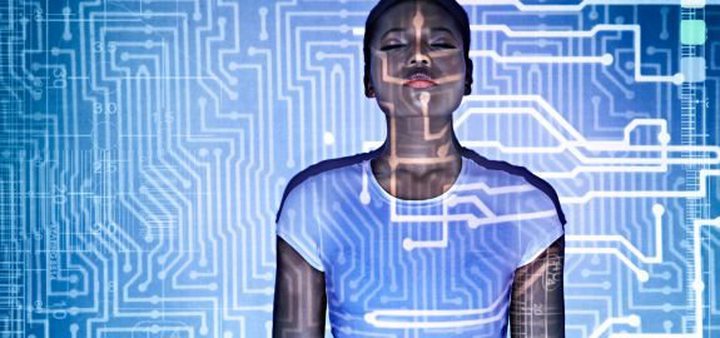6 Tech Trends of the Far Future

These concepts are still in their infancy--you might not see mass consumer versions of them for years, maybe even a decade. But that doesn't mean you should ignore them. By the time these tech developments become as commonplace as Facebook or electric cars, it might be too late.
1. Embeddable Electronics
Self-monitoring is nothing new. Gadgets like the Fitbit Flex, part of the growing so-called "quantified self" trend, show you exactly how many calories you're burning during the day. In the future, these sensors and electronics will go deeper--literally. Instead of wearing a chip around the wrist, people will embed directly in their bodies. "This will allow people to have better insight, hour to hour, and day to day, on the state of their bodies, and thus monitor their health and wellness in ways that just haven't been possible before," says Intel futurist Steve Brown. The chip could report when a heart attack could be imminent and alert emergency personnel.
2. Programmable Materials
Imagine the ability to program a plant to form into a specific shape when it grows larger. Many futurists say this kind of programmable biology--where materials can self-assemble over time according to specific triggers--is a key trend for the future, and businesses should take note.
According to Carlos Olguin, a materials analyst at Autodesk Research, this could lead to a "have" and "have not" scenario when normal biology and digital biology start to overlap, similar to how the analog and digital worlds intersect. "This will not only be about the separation between those who are able to understand and exploit information technology and those who cannot, but also between those who are able to be enhanced biologically and those who cannot or decide not to do so," he says.
3. Quantified Society
The Quantified Self is about to go macro. A few examples: Recently, a professor at Texas A&M's school of business revealed how he knew a student had not opened an e-book during a course. Research at West Point and Samford University in Alabama has shown how law enforcement in the future will track how often you speed and then issue a robotic ticket for frequent offenders.
"Big brother will know about everything you do, your habits, which Internet sites you attend, where you shop, your medical records, what you download to read or watch," says Dr. Tom Furness, a University of Washington engineering professor. "This will feed into custom algorithms to create advertising and inducements for the way you spend your money and just-in-time intervention for the things you need to know for upcoming events in your life."
4. Smart Cars
Cars will become much smarter, which will create new opportunities for start-ups. Today, Ford is already working on an initiative called MyEnergi Lifestyle where your car connects into a smart grid and knows when the charge rates are lowest. Brown says cars will be even more connected, safer, and efficient to drive. "Expect to see impacts to the insurance industry, the taxi industry, and people running body shops," he says.
5. Wearable Computers
And you thought that new Samsung smartphone was slim and tiny, eh? Computers are going to get much smaller, last even longer, and even become part of everyday items. "As we move to the year 2025 and beyond, computing power will get so small and so inexpensive, we'll approach an era where computing can go into everything around us," says Brian David Johnson, an Intel futurist. "A table, our clothing, and even our bodies can become computers."
6. Predictive Analytics
Tools like Geckoboard are invaluable. They help you understand the current state of your small business and help you react accordingly. And many IT companies like Applied Predictive Technologies are already helpings companies understand massive data sets. In the future, the field will become much more advanced. One key business opportunity for the future: Predicting people's health.
"Imagine a future version of a system that would scan the face or body of a person, then in the presence of a mole or facial asymmetry, the system could correlate this data against a number of other data sets, including 3-D scans of other people, the person's own genome, or the genome of other people," says Olguin. "Based on all this analysis the system may recommend the person talk to her healthcare professional."





